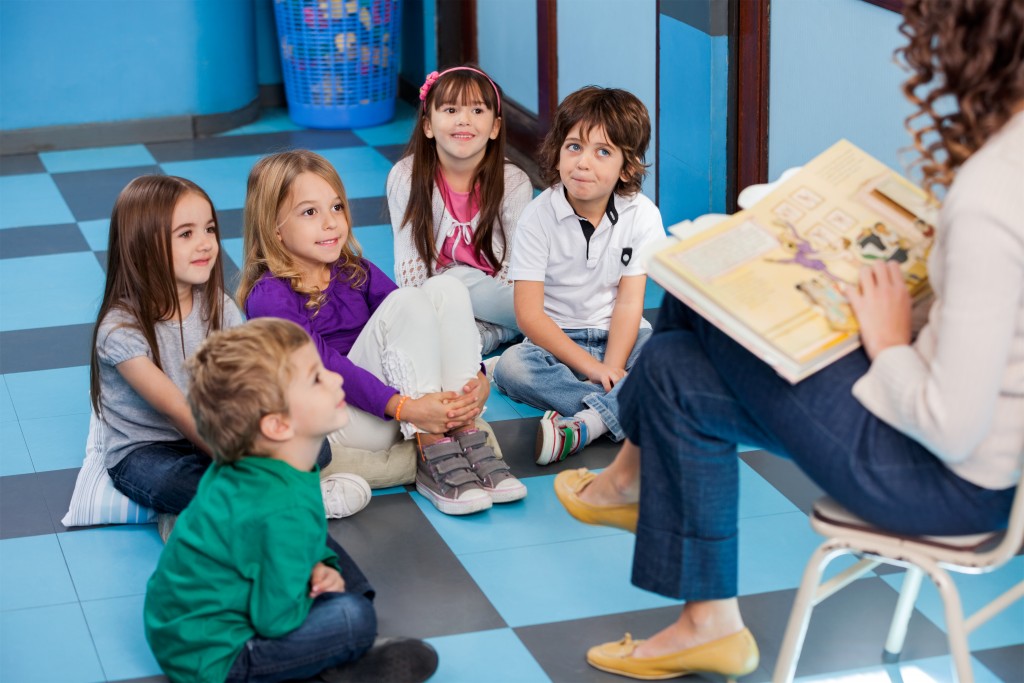- Early diagnosis of learning disabilities is essential to helping children reach their full potential.
- Establishing a daily routine can assist in staying organized and on track with tasks.
- Creating an organized study space with adequate lighting and comfortable seating can help focus.
- Utilizing technology or assistive tools can help improve reading, writing, and math skills.
- Seek professional support and utilize available resources to provide the best care for your child.
Learning disabilities are a common issue among children, and as a parent, you can often feel overwhelmed when trying to figure out the best way to support your child. With the proper care and support, however, kids with learning disabilities can thrive. Here are five tips on how to manage learning disabilities in children.
1. Early Diagnosis
Getting an early diagnosis of a learning disability can make all the difference in helping your child reach their full potential. Working with your doctor or specialist will help you understand what accommodations and support may be available for your child that can help them succeed academically, socially, and emotionally. It’s important to remember that learning disabilities can manifest differently in each child, so be sure to work closely with your doctor and specialist for the best advice.
Here are just some of the most common signs to look out for:
Trouble with Concentration
If your child is having trouble concentrating on their schoolwork or tasks at hand, this could be a sign of a learning disability. Look out for signs of frustration or boredom in your child when trying to focus, as this can indicate that they need support. Talk to their teacher and find ways to make the task easier with more breaks, reducing distractions and providing visual aids if needed.
Difficulty with Language and Reading Comprehension

Learning disabilities may also manifest through difficulty understanding language, reading comprehension issues and difficulty expressing themselves appropriately. If you notice that your child takes longer than usual to finish spoken instructions or struggles to comprehend what’s being read aloud, then it is worth exploring further.
Poor Memory Retention
When it comes to learning disabilities in children, poor memory retention can be a crucial sign. If your child cannot remember instructions or seems to struggle with memorizing things such as spelling and math equations, this could indicate a learning disability. Regular repetition exercises can help improve memory recall — discuss with their teacher and find ways to make the task easier for them.
Trouble Organizing Tasks
Finally, look for signs that your child may have trouble organizing and staying on track when completing tasks. If you notice that they are easily distracted or don’t seem to finish tasks even after putting in a lot of effort, this may indicate that they need extra support and guidance.
2. Establish a Routine
It is essential to teach kids with learning disabilities the value of structure and routine. Developing a daily schedule that includes time for schoolwork, playtime, meals, and sleep will help them stay organized and on track. As part of your child’s routine, consider setting aside specific times for certain activities like reading or tackling homework assignments. You may also want to establish a reward system when your child completes their tasks on time. This reinforces positive behavior while motivating them to achieve success.
3. Create an Organized Study Space

Organized study spaces can be beneficial for kids with learning disabilities as it provides focus and limits distractions from other sources, such as television or video games. Ensure the area has adequate lighting and comfortable seating so your child can focus without fatigue. Additionally, provide a clear surface and storage solutions such as shelves, drawers, or bins to organize books, paper, and other materials. Children with learning disabilities often struggle with staying organized, so providing a neat and orderly study space can help them stay focused while they work.
4. Utilize Technology
Many tools are available to assist kids with learning disabilities in their studies. For instance, text-to-speech software can convert written words into spoken words, which may help children with reading challenges. Similarly, programs are designed to help improve writing skills or provide visual representations of math equations for those struggling with numbers and formulas. Furthermore, you can use apps on tablets or phones to create flashcards for memorization purposes or to record lectures for review and playback later. Assistive technology can be a great way to help your child reach their academic potential.
5. Seek Support
When it comes to dealing with learning disabilities, it’s important not to feel like you have to take on the load alone. Speak with a counselor or doctor about your child’s individual needs and look into support groups or other resources in your area. Ensure you also communicate regularly with teachers and service providers working with your child.
Participating in different studies that deal with learning disabilities can also be beneficial for older children or young adults, as it can provide access to new resources and treatments. Because learning disabilities can be diverse and complex, safe patient-centric studies are instrumental in helping discover new treatments and methods that can improve the quality of life for your child. These studies typically require little to no additional effort, so it’s worth looking into.
In Summary
The key takeaway is that managing learning disabilities isn’t impossible; with the right strategies, parents can create an environment where their children can thrive. As long as you provide a supportive and encouraging space, children with learning disabilities can succeed in school and beyond. It can feel overwhelming initially, so be sure to utilize the resources available and seek help from professionals if needed. You can help your child reach their academic goals with consistent care and support.


